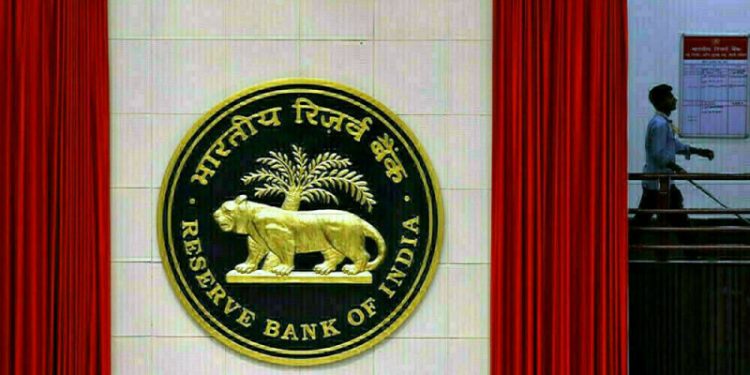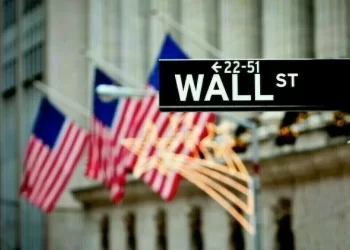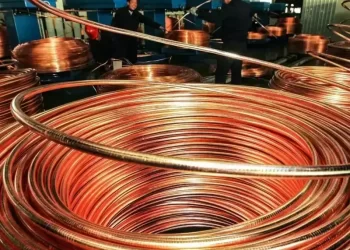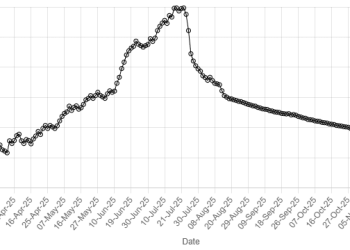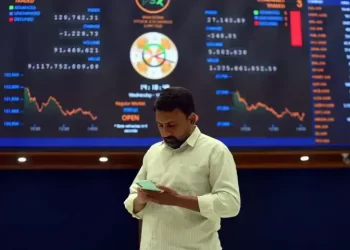MUMBAI: India’s foreign exchange reserves crossed $700 billion for the first time on record, after climbing for seven straight weeks, on valuation gains and the central bank’s dollar purchases.
The forex reserves were at $704.89 billion, having risen by $12.6 billion in the week through Sept. 27 in their biggest weekly increase since mid-July 2023, Reserve Bank of India (RBI) data showed on Friday.
India is only the fourth economy in the world to cross $700 billion in reserves after China, Japan, and Switzerland.
The country has been boosting its forex reserves since 2013, when foreign investors pulled out due to weak macroeconomic fundamentals.
Since then, stricter control on inflation, higher economic growth as well as narrower fiscal and current account deficits have helped draw in foreign funds, boosting reserves.
India’s foreign exchange reserves hit fresh high of $689.24bn
Foreign inflows hit $30 billion so far this year, led mainly by investments in local debt after they were included in a key J.P. Morgan index.
“Adequate FX reserves reduces currency volatility since RBI has adequate firepower to intervene if needed,” Gaura Sen Gupta, economist at IDFC First Bank, said.
“Moreover it adds to investor confidence which reduces the risk of sudden capital outflows.”
India’s forex reserves have ballooned by $87.6 billion so far in 2024, already more than the near-$62 billion increase over the whole of last year.
The increase last week was spurred by $7.8 billion in dollar purchases by the RBI, and $4.8 billion in valuation gains, according to Sen Gupta.
The valuation gains were due to the decline in U.S. Treasury yields, a weaker dollar and the rise in gold prices, she said.
In the week corresponding to the latest reserves data, the rupee strengthened past 83.50 to the dollar, likely spurring the RBI to step in to shore up its reserves.
For several months, the RBI has intervened on both sides of the market to keep the rupee in a narrow trading range, which has made it the least volatile among emerging market currencies.
RBI Governor Shaktikanta Das, on being questioned on the rupee’s lack of volatility last month, said that higher volatility did not benefit the economy.
